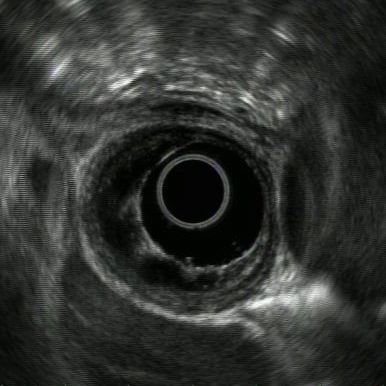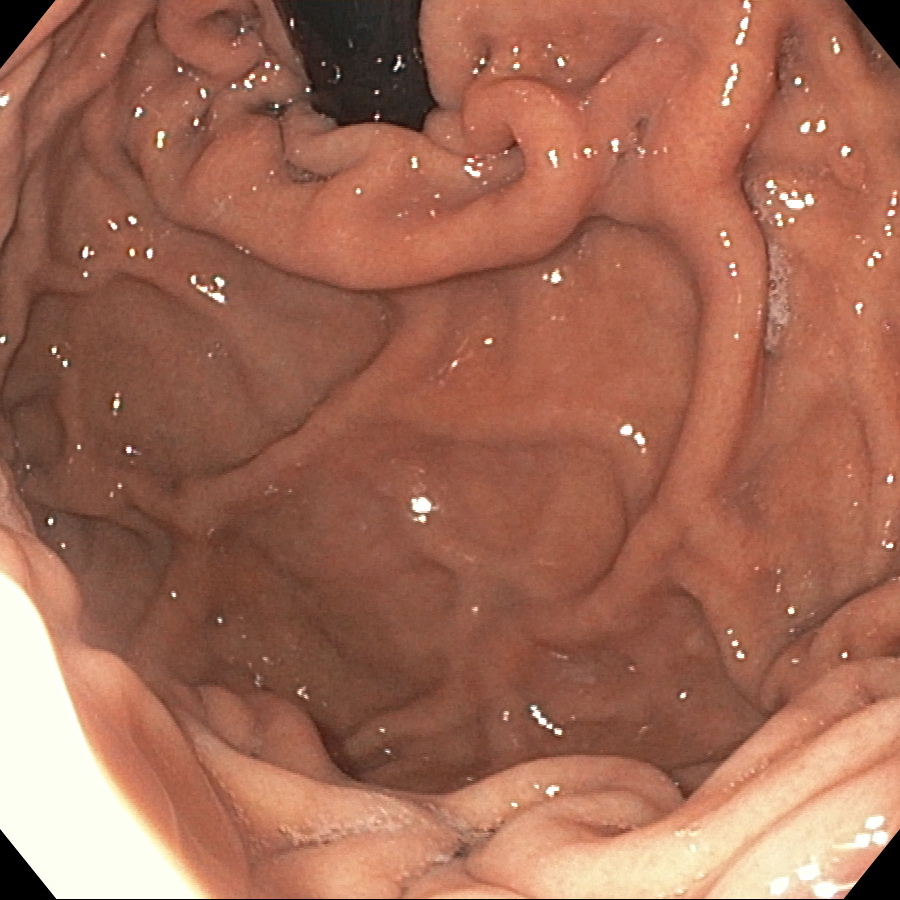Cancer Facts
Worldwide, cancer is the leading cause of death in developed countries and the second leading cause of death in developing countries including in India and accounting for nearly 15 % of all deaths in 2010. Deaths from cancer worldwide are projected to continue rising, with an estimated 12 million deaths in 2030. Cancer of the digestive system accounts for a large proportion of cancer deaths. As a group, digestive cancers (colon, esophagus and stomach, liver, pancreas), has the highest incidence and mortality annually of all cancers worldwide. In the developing countries, according to GLOBOCAN 2008 report, there were 2.2 million new gastrointestinal tract cancers diagnosed and 1.8 million deaths, far outnumbering lung and breast cancers
In the year 2008 there were 166,000 new cases of gastrointestinal cancers diagnosed and 138,693 GI cancer related deaths in India. Cancer of the oesophagus is the most common GI cancer in India and the fifth most common cancer overall. Increasing prevalence of acid reflux disease (7.6 % of the population) and use of beetle nuts may contribute to this. In addition, several endemic diseases play a role in the prevalence of other cancers. Viral hepatitis due to Hepatitis B and C is seen in 2-4% and 1% of the population respectively and contributes to the development of liver cancer. Helicobacter pylori infection is seen in up to 80% asymptomatic adults and is a well known risk factor for the development of gastric cancer. The number of gastrointestinal cancers is on the rise in India due to increasing westernization of diet, obesity and smoking.
Need For a Cancer Foundation
About 40% of the cancers are preventable (WHO). To work towards a goal of reducing digestive cancer morbidity and mortality one of the key steps involves the accurate estimation of burden of disease. Furthermore, there are several areas of work that need to be performed in order to achieve a reduction in digestive cancer morbidity and mortality:
- To provide cancer screening services to rural India
- To collect and disseminate the up to date information regarding prevention and treatment of digestive cancers to patients
- To create practice guidelines based on up-to-date literature
- To educate and train physicians at all levels to enhance their knowledge of current medical prevention and treatment of digestive cancers
- To provide adequate grants to researchers
- To educate law-makers and the media on the true burden of digestive cancers to the society
- To estimate the true incidence and prevalence of digestive cancers






